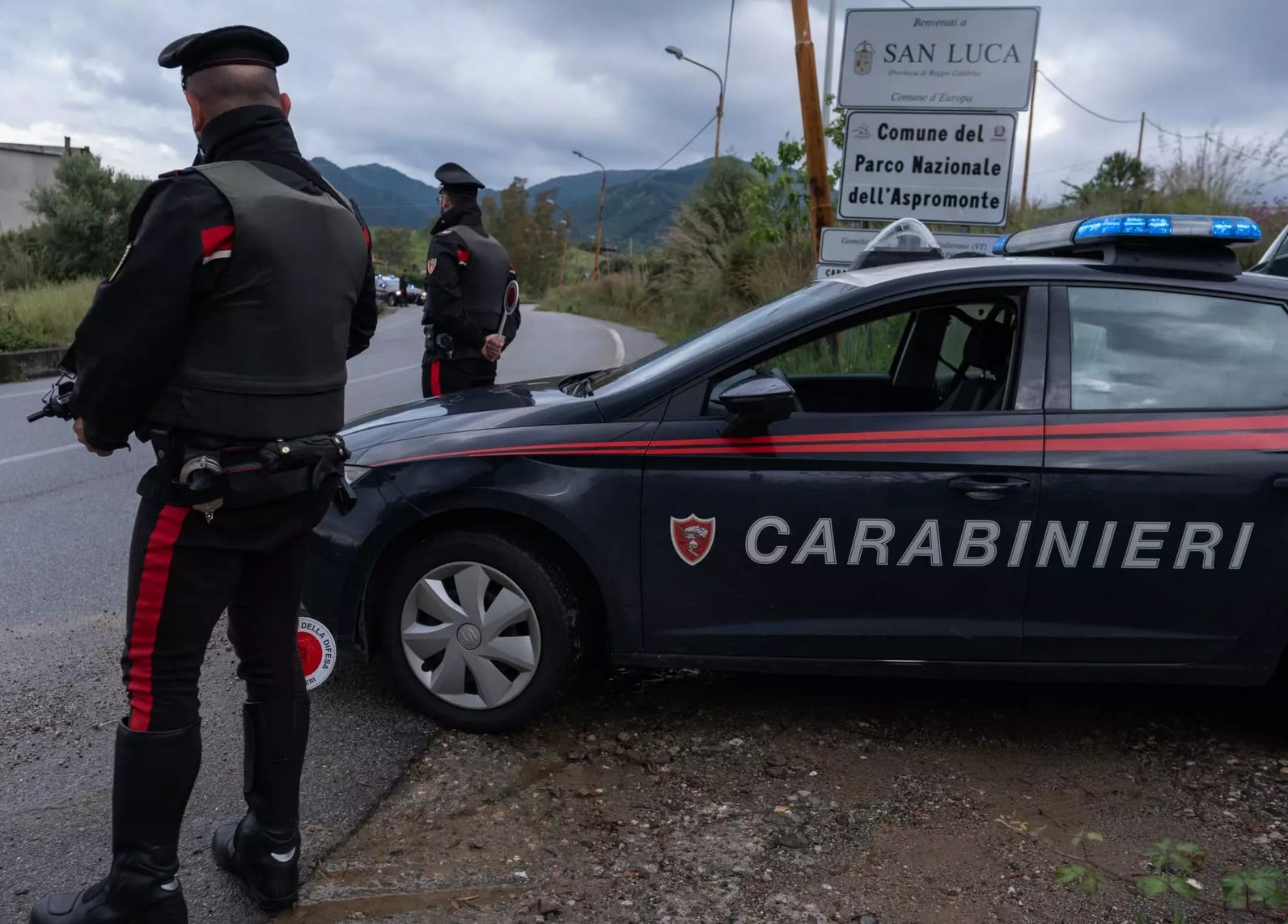During an action day executed by 10 countries, 132 members of one of the world’s most powerful criminal networks have been taken into custody. On 3 May, law enforcement authorities in Belgium, Germany, Italy, France, Portugal, Slovenia, Spain, Romania, Brazil, and Panama raided multiple locations and seized several companies. Over 2 770 officers were involved on the ground during the action day.
Eurojust and Europol supported this international operation against the ‘Ndrangheta, which now stands as the largest hit involving the Italian poly-criminal syndicate. The mafia-style organization is responsible for much of Europe’s cocaine trade, combined with systematic money laundering, bribery, and violence.
The criminal network under investigation was led by several powerful ‘Ndrangheta families based mainly in San Luca, which is in the Italian province of Reggio Calabria. Some of these families have been involved in decades-long clan violence known as the San Luca feud, culminating in massive shootings in Italy and abroad, such as the Duisburg massacre in Germany in 2007.
Members of the criminal network were engaged in a criminal conspiracy not only by being part of a mafia-style organization but also by being responsible for drug trafficking, firearms trafficking, illegal firearms possession, money laundering, fraudulent asset registration, tax fraud, and tax evasion, as well as the aiding and abetting of fugitives (who have since been arrested). Two of these fugitives had been on the EU Most Wanted list.
The Italian criminal network was mainly devoted to international drug trafficking from South America to Europe and Australia. Authorities uncovered that the network was working in partnership with the Colombian organized crime group Gulf Clan and an Albanian-speaking crime group operating in Ecuador and multiple European Countries.
Furthermore, the ‘Ndrangheta clans were involved in international firearms trafficking from Pakistan to South America, providing weapons to the notorious criminal group PCC (Primeiro Comando da Capital) in exchange for cocaine shipments. Investigators tracked money flow in an extensive global money laundering system, with massive investments in Belgium, Germany, Italy, Portugal, Argentina, Uruguay, and Brazil. The criminal group invested its profits in real estate, restaurants, hotels, car wash companies, supermarkets, and other commercial activities. To pay for cocaine or to transfer illicit assets, the criminals often relied on facilitators using the hawala system.
The investigation and the Action Day itself have been supported by the @ON Network funded by the EU (Project ISF4@ON) led by the Italian Antimafia Investigation Directorate (DIA).
